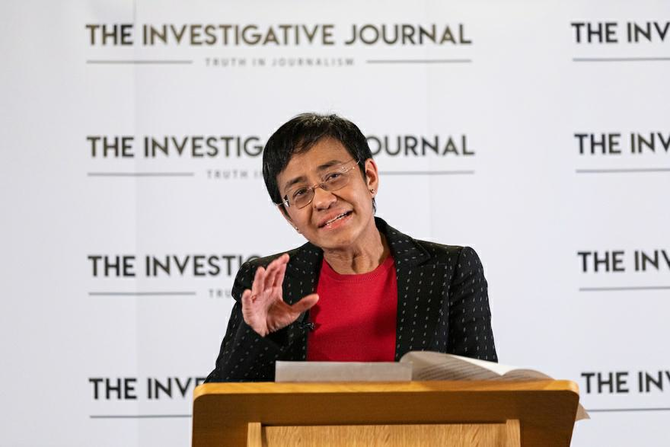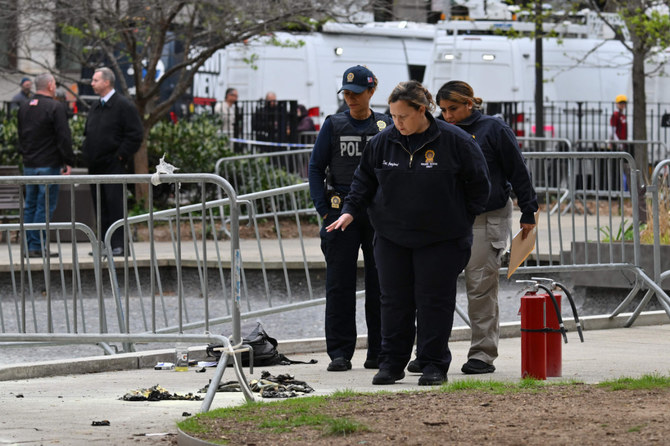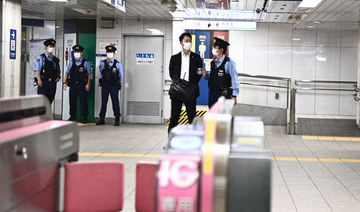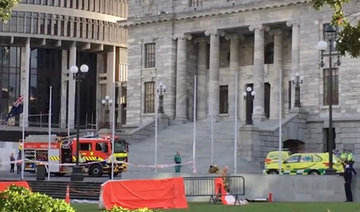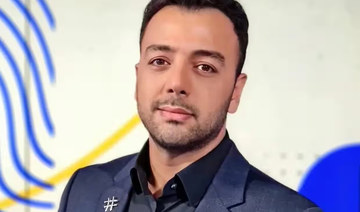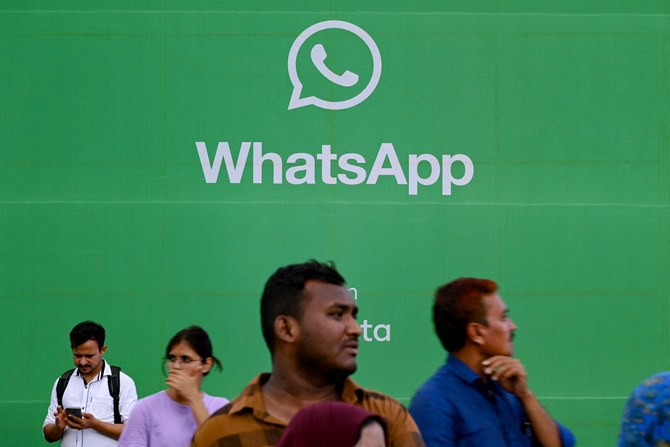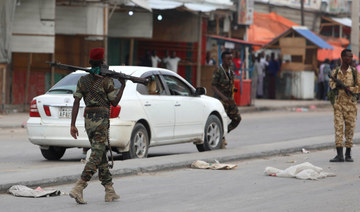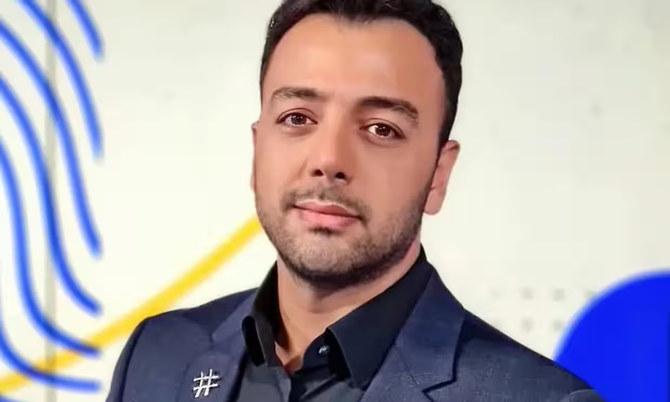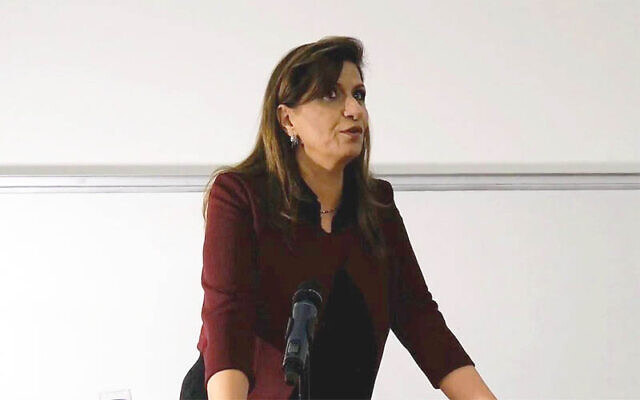LONDON: Journalists and their profession are coming under attack now more than ever, and more needs to be done to protect them, according to a prominent investigative journalist.
Speaking in London last week at the launch of the Investigative Journal, Rappler CEO Maria Ressa said the rise of technology had exacerbated attacks on media professionals, and social media had failed to take on the responsibility of journalistic integrity.
“While social media platforms have taken over and they’ve become the world’s largest distributors of news, they didn’t take over the gatekeeping powers. Journalists are the gatekeepers of facts,” she added.
The award-winning Filipina journalist said the current generation of journalists is trying to fight for facts and wrest back control of the “truth” from those with the “largest megaphone and the most power.”
Ressa added that news gathering and investigative journalism are under severe threat, not just in her own country but all over the world, in what she called a heightened era of “fake news.”
She said: “Journalism is in crisis. We’re under attack, not just as sustainable news organizations but as individual journalists, (in a sphere) where online violence and abuse can turn into real-world violence.”

Ressa added: “Online attacks against me were enabled and technology was the accelerator, and we’ve seen this in many other parts of the world.”
She founded the fake-news monitoring site Rappler in the Philippines, which partnered with the Investigative Journal and is currently facing prosecution by her country’s government.
At the London event, she announced that she had enlisted the support of human rights lawyer Amal Clooney to lead a team of international experts to fight her case against charges related to tax evasion and other accusations, all of which Ressa denies.
She has been a prominent journalist in the Philippines for three decades, and is an outspoken critic of President Rodrigo Duterte.
She has come in for online abuse and attacks due to her covering of the brutal drug war currently being waged by Duterte’s government against organized crime.
-------
READ MORE: Investigative reporting, press freedom journal launches in London
-------
The UN says the crackdown has claimed 27,000 lives since 2016, when the president was elected.
Ressa said Duterte “was elected just a month before Brexit, and (they both show that) disinformation works. I’m not even going to call it misinformation — it’s disinformation that works. It pounds on the fracture lines of society, spreading hate and violence.”
She added: “A lie told a million times becomes a fact, and if you’re a traditional news group and you don’t respond — which is what we were all taught to do —you’ve just helped the lie become a fact. This is why our world is upside down, because without facts we don’t have truth, and without truth we have no trust.”
Ressa said: “The Philippines is a cautionary tale. It’s both a curse and a privilege to be a senior journalist in my country today.”
She added: “We’ll look back on this period in 10 years and say this was a critical moment in history. Silence is consent to unspeakable violence and impunity. But aside from that impunity, right now you’re talking about the insidious mass manipulation of information and information operations within our society.”
Ressa said the dangerous power of social media, and its role in the manipulation of information, are felt most in the developing world.
She cited cases such as the Philippines, Sri Lanka and Myanmar — countries that have no say in how social media algorithms are developed.
She called for social media platforms such as Facebook and Twitter to be held much more accountable for the way in which information is shared on their platforms, to prevent the spread of “disinformation” and protect those who are working hard to share facts and truth.
Ressa’s comments on the threat facing journalists were echoed by Egyptian-American journalist Mohamed Fahmy, founder of the Investigative Journal, who also spoke at the launch.

“We’re living in an age of unprecedented attacks on journalists, with 80 colleagues murdered and 348 imprisoned in 2018 alone,” he said, citing Reporters Without Borders’ figures.
Fahmy, who has been a campaigner for press freedom since 2013, when he was accused of being a terrorist and imprisoned in Egypt during the Arab Spring, added: “Journalists should never be the story. They should never be on the wrong side of the microphone.”
He said: “I see no better time to work with the world’s investigative journalists on stories often overlooked by the mainstream media.”
The Investigative Journal is a web publication for long-form investigative journalism, and will cover topics such as press freedom, terrorism, corruption and climate change.





